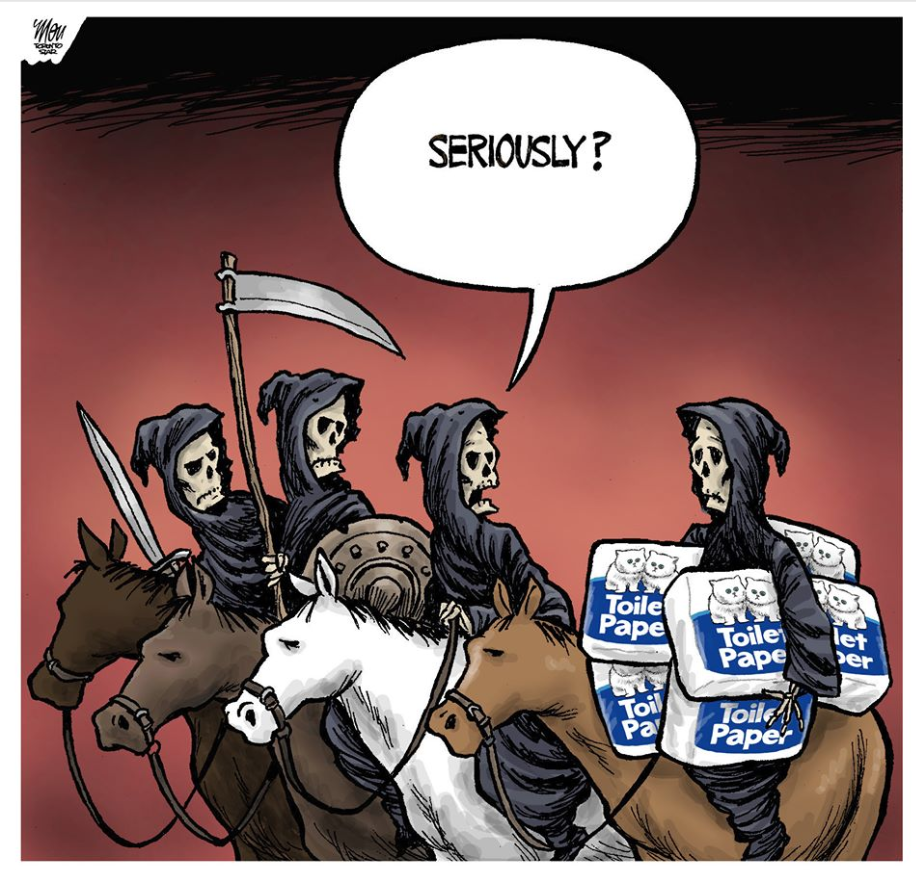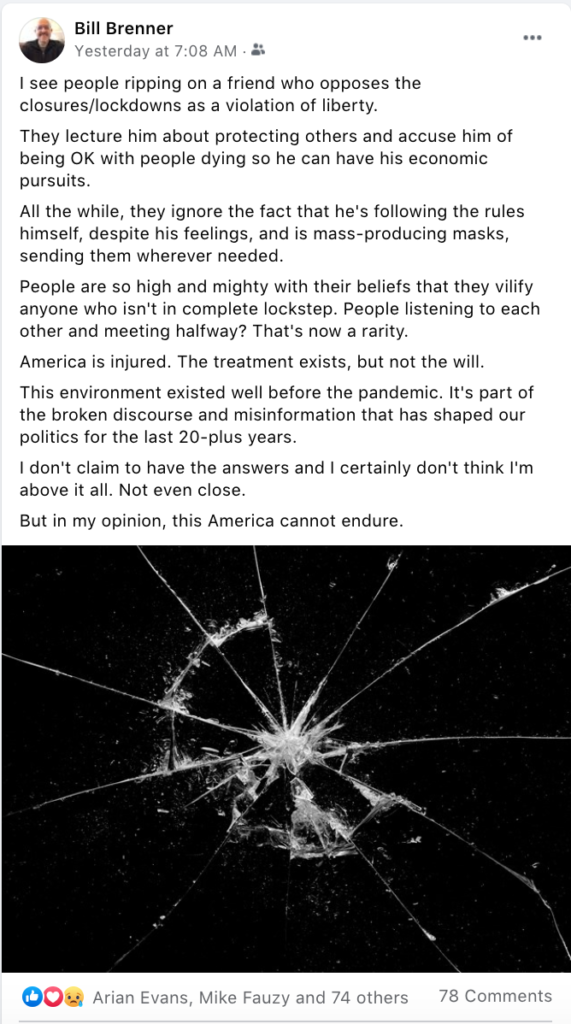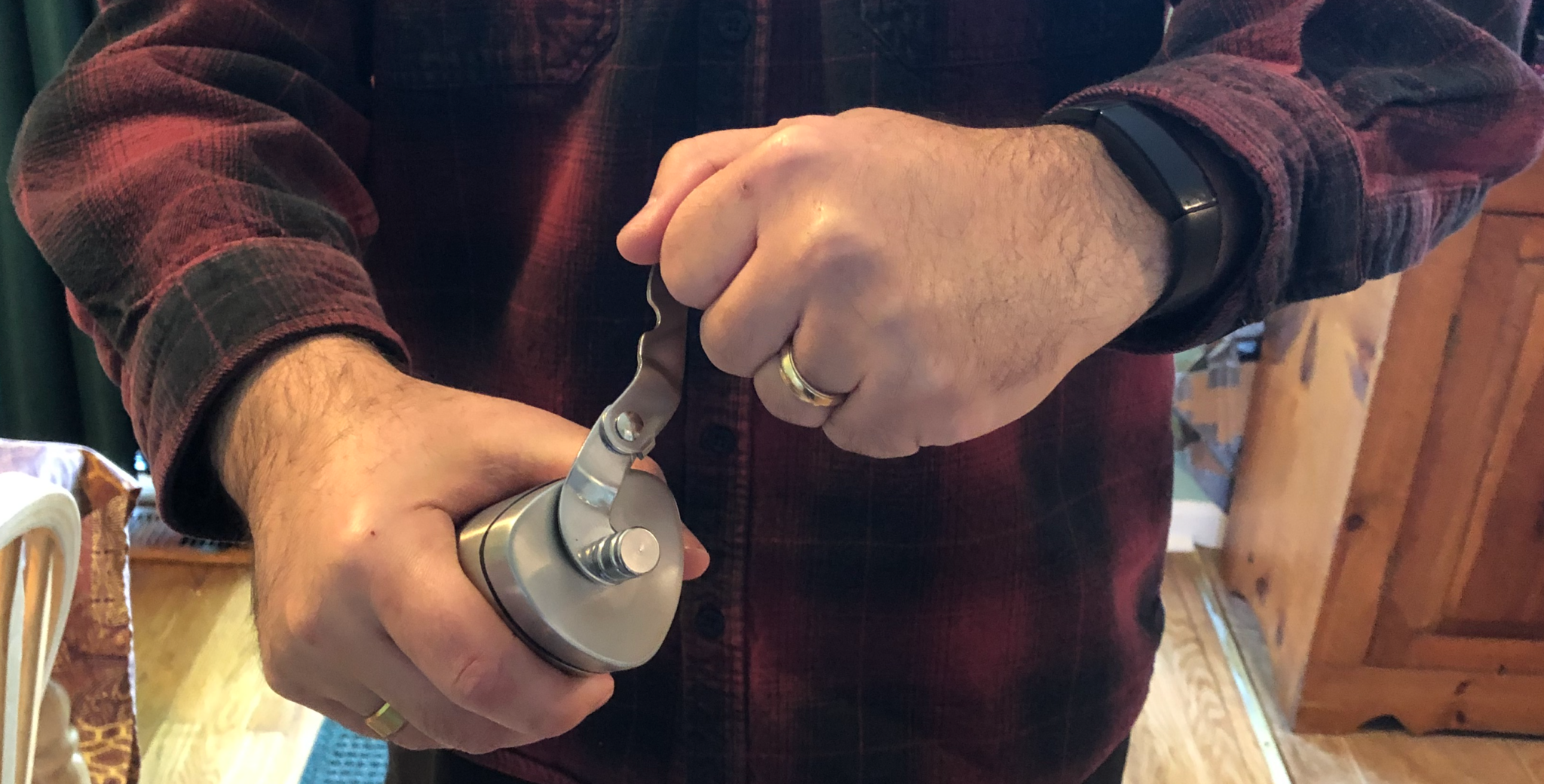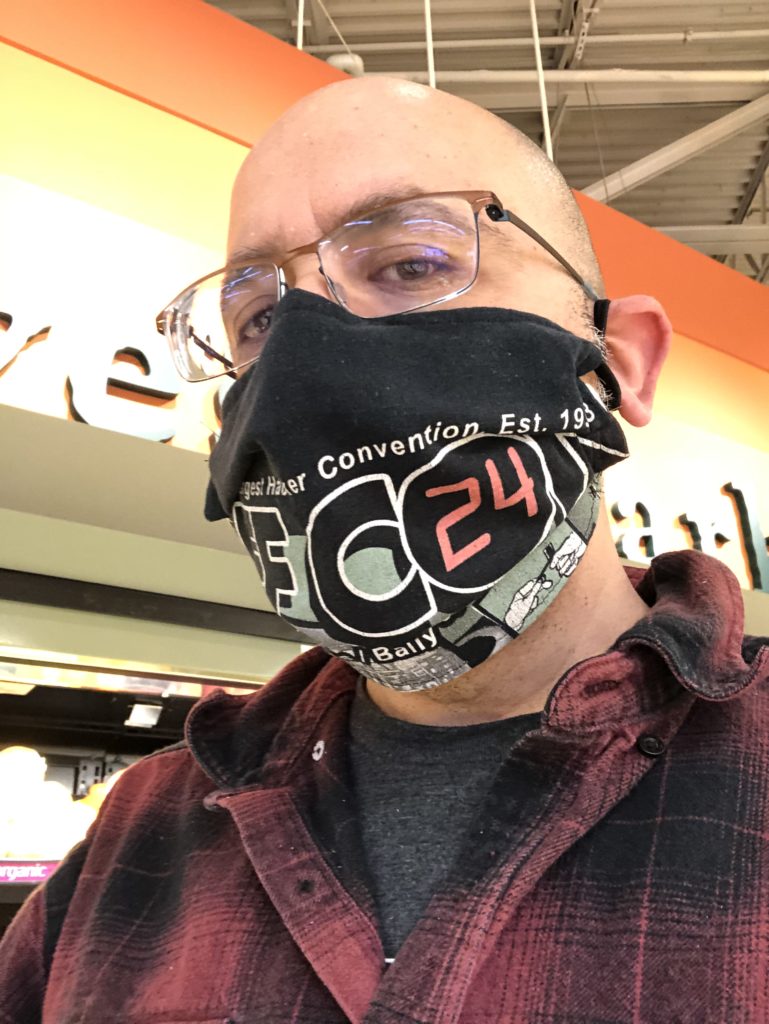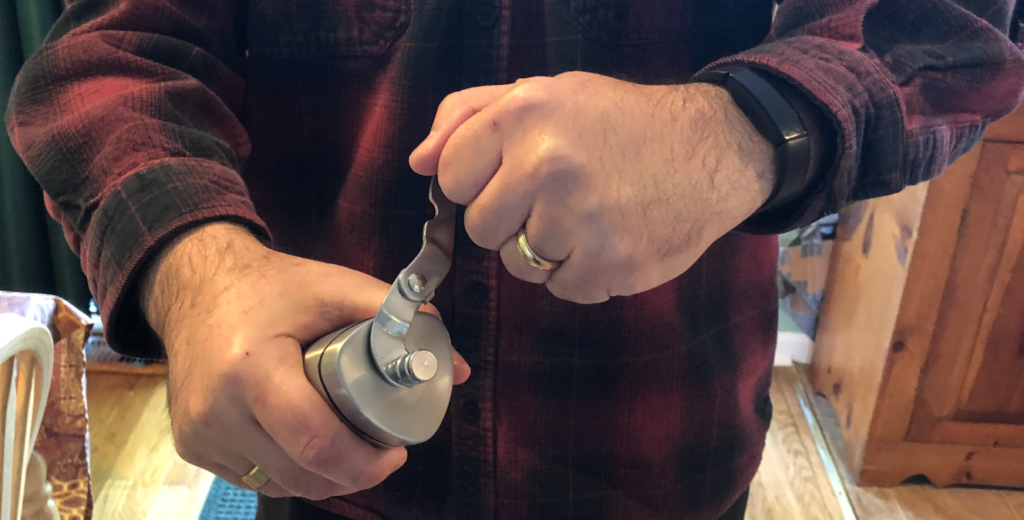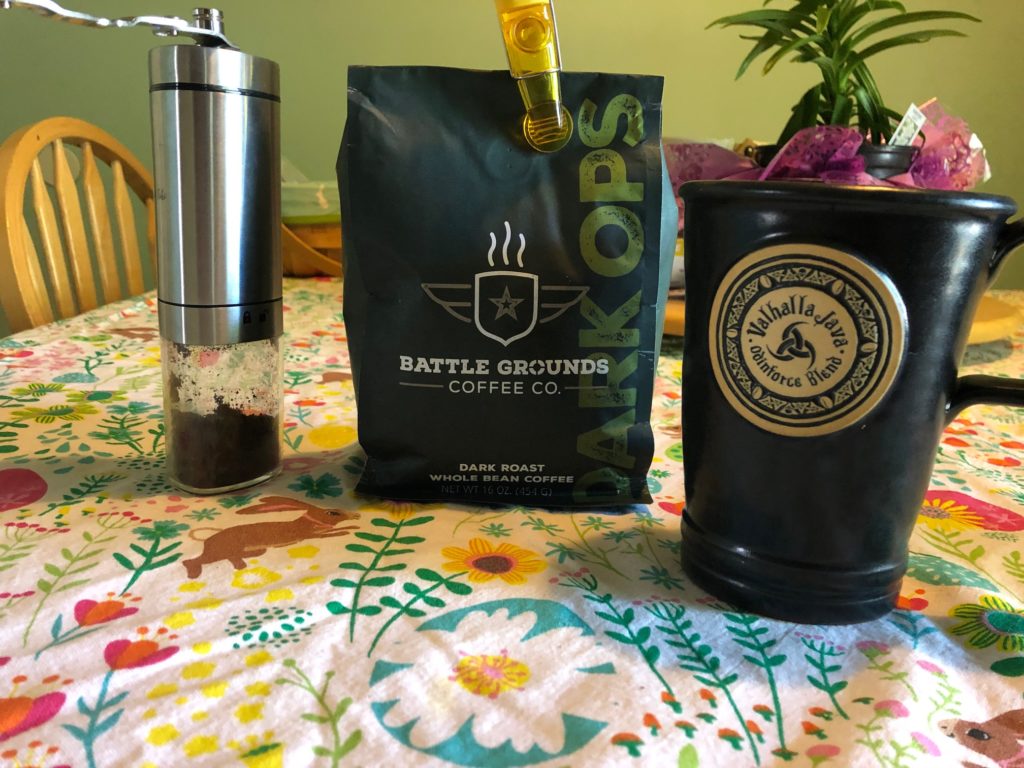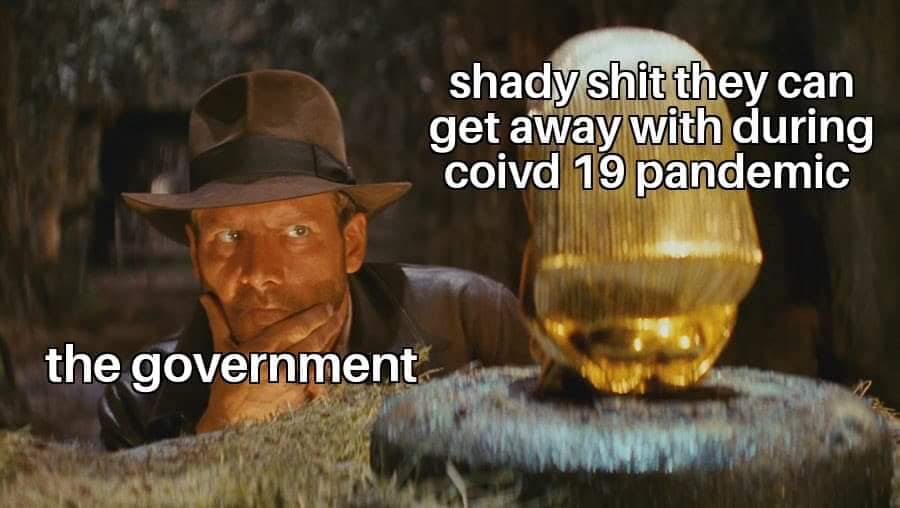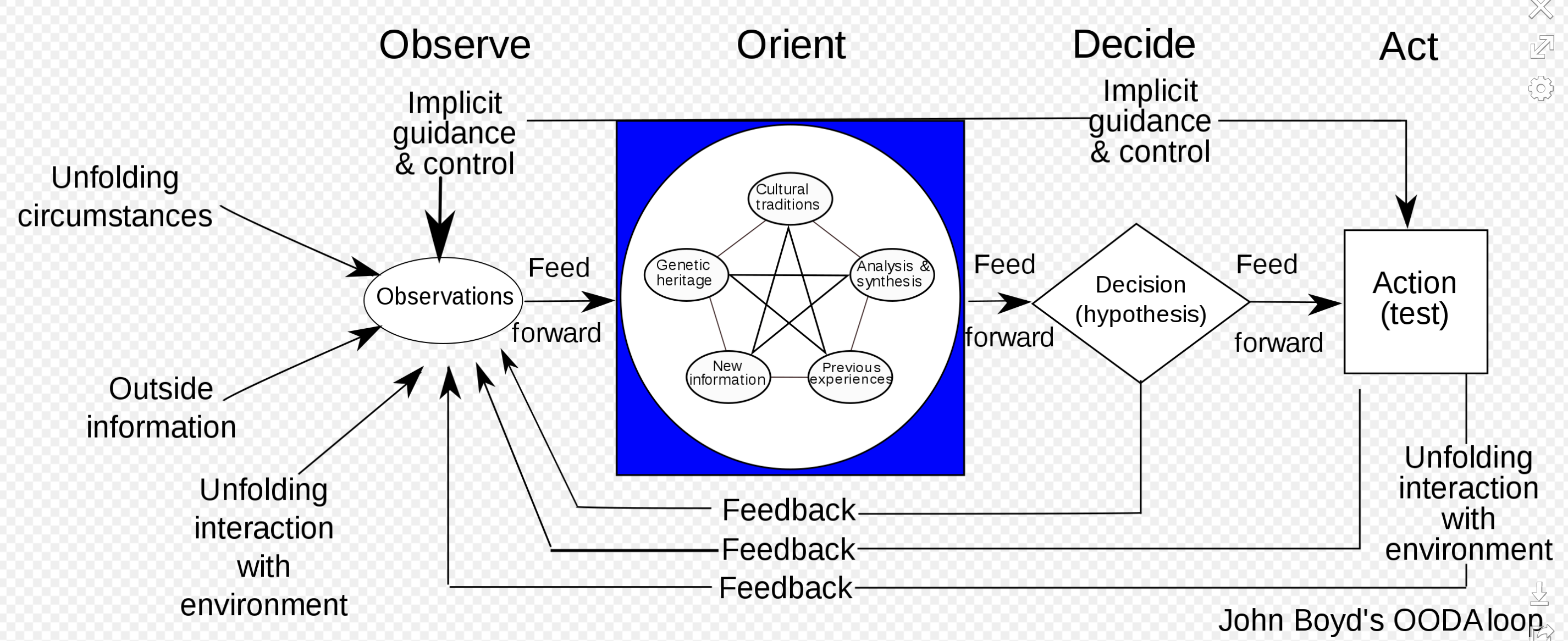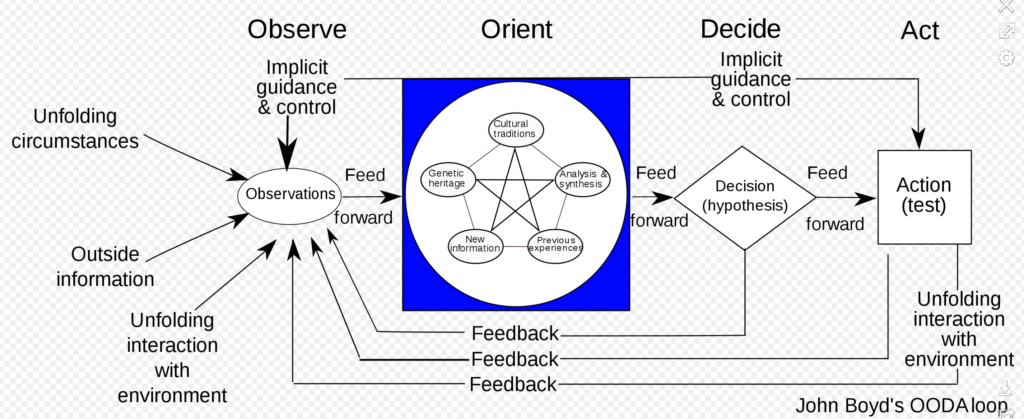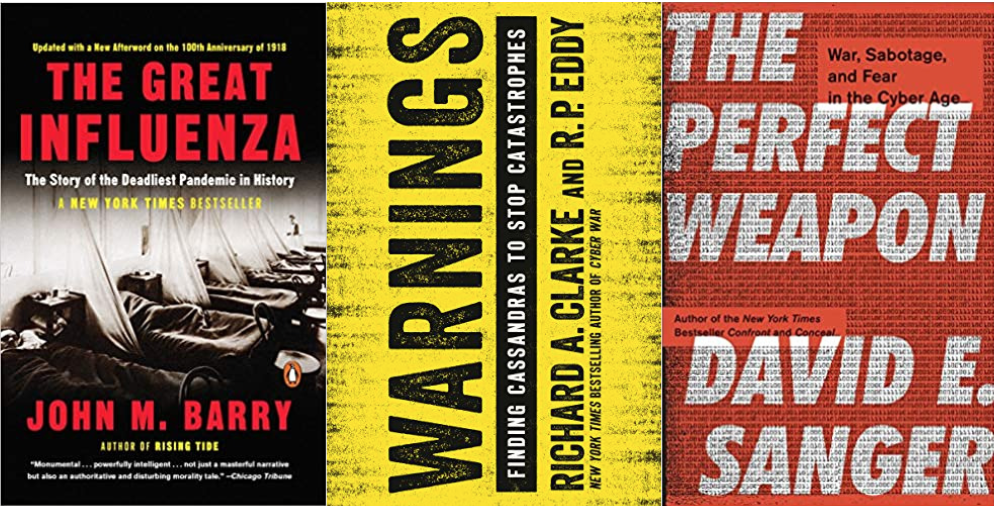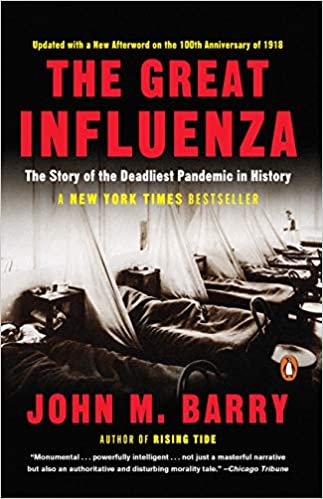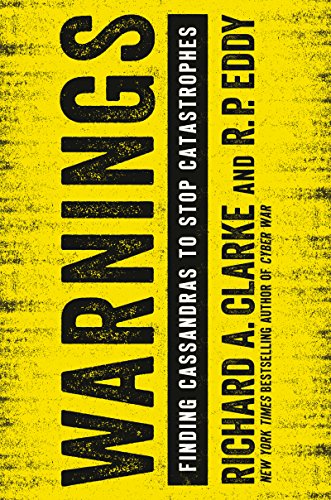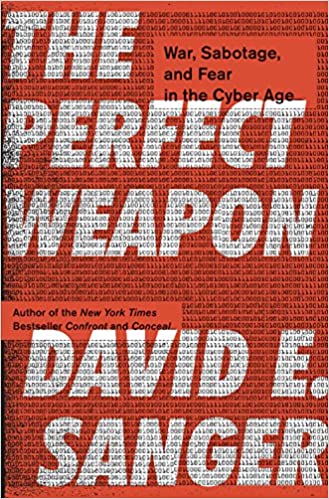Early in this crisis, a friend made pronouncements some of us called out as fearmongering. One thing he kept saying was that the virus would cause an economic depression.
My friend has been proven right about a lot of things concerning COVID-19 these last few months. Could he be right about this, too?
The word “recession” is uncomfortable. The word “depression” can be downright terrifying, especially when “great” appears before it.
Mood Music:
I’ve been thinking a lot about all the periods of economic distress I’ve lived through, particularly those of my adult working years.
There was the early 1990s recession that led to Bill Clinton’s election as president. I was in college, so it didn’t affect me as much. The recession that followed the dot-com bust and 9-11 terrorist attacks in the early 2000s was the first where I worried about layoffs. Then came 2008 and the Great Recession. I worried about my job then, as well. I was lucky and stayed employed through both downturns.
Am I worried about job security this time around? I’ll put it this way: I never take job security as a guarantee — in good economic times or bad.
I am confident that my industry is in a good position to weather the storm. With the pandemic sending so many people into work-from-home situations and state-sponsored hackers out to exploit the chaos, information security is more important than ever. Still, it would be foolish for any industry to consider itself immune.
Indeed, some of my industry peers are worried, particularly younger folks who were still in school during the last recession. This is the first time they’re worried about being laid off. And this may turn out to be the worst downturn America has seen since the 1930s.
With these worries, I’m hearing from friends experiencing anxiety and depression. Despite my own optimism about getting through this downturn, I’m feeling it, too.
This downturn started through an unprecedented sequence of events. But the underlying economy was strong, unlike past downturns where underlying economic fissures expanded and ruptured.
Also unlike previous downturns, though, society abruptly applied the breaks, deeming social distancing necessary to manage COVID-19. Was that the right course? Time will tell.
A rapid post-pandemic recovery is wishful thinking for several reasons. Yet we won’t necessarily experience the protracted economic paralysis of the Great Depression. We’re in a different time and place. That’s cold comfort to the millions who have already lost their jobs, however.
Though I’ve been lucky at avoiding layoffs up to this point, more than a few colleagues and friends did lose their jobs in the most recent recessions. All went on to new opportunities and have achieved new levels of success. They networked, expanded their skill sets and persisted as new opportunities arose.
It’s an unsettled time. While we have past crises to guide us through, we can’t know exactly how things will go. They’ll probably get worse before they get better, because that’s how life generally goes.
But things will get better. Life generally goes like that, as well.
Keep the faith, and take things one day at a time, work your asses off and always — always — develop backup plans.


